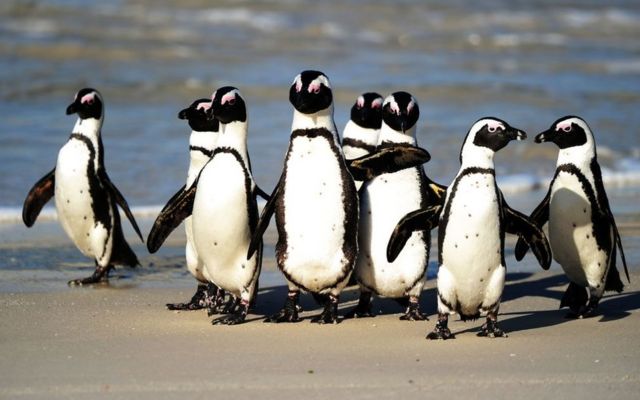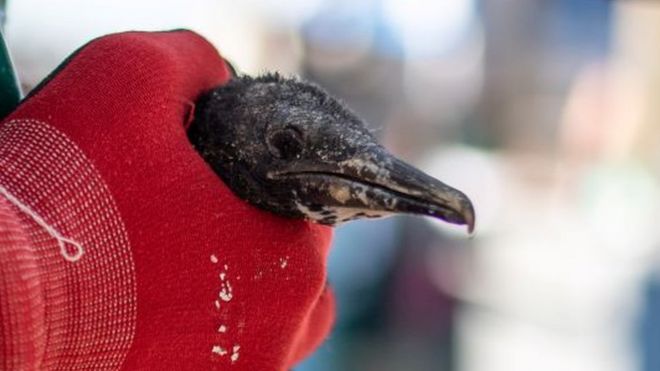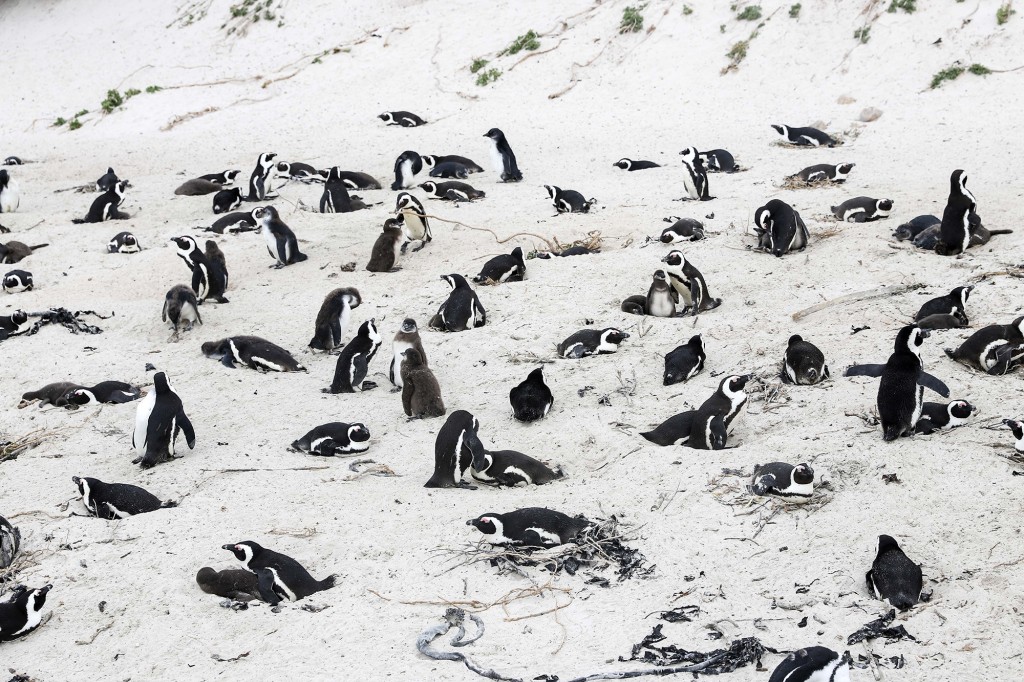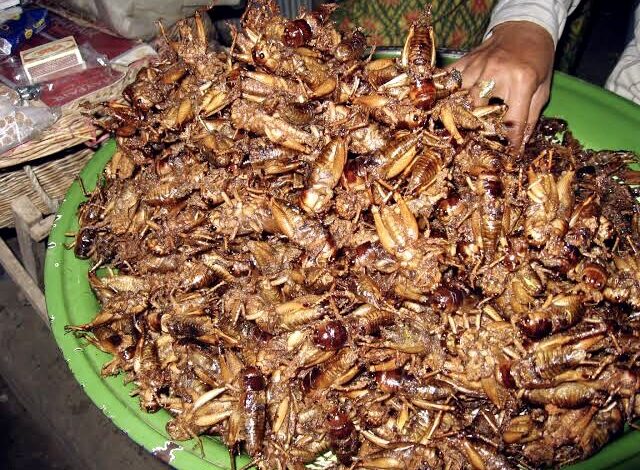
By Canisius Mushibwe
Bird conservationists in South Africa say over Sixty endangered African penguins have been stung to death by a swarm of bees near Cape Town.
The county’s national parks agency has reported that 63 penguins of a breeding colony in Simonstown were found lifeless as a result of honeybees sting between September 16 and 17.
The investigation has been instituted to ascertain if there are other reasons that contributed to the death of the birds such as disease and toxins among others.

The deaths of these penguins are a huge blow to conservation efforts especially for a species that is on a rapid decrease risk which the International Union for the Conservation of Nature (IUCN) records as having a ‘declining’ population.
Since the late 70s, the African penguin population has downsized by more than a half, from around 80,000 pairs of penguins to 21,000 in this period, translating to a 70 percent decrease.
Furthermore, the deaths of these penguins have raised concerns that the remaining birds in the park may be incapable to raise the eggs laid by the dead animals. Southern African Foundation for the Conservation of Coastal Birds (SANCCOB) said the loss of over 60 healthy and most likely breeding penguins is a blow to a species that is already in trouble.
SANCCOB said their Rangers and South African National Parks will monitor the nests in the affected area as some of the birds would have had eggs and chicks, leaving one partner handicapped because they can’t supply sufficient food or leave the chicks alone.

The bees believed to have been responsible for the demise of the birds are Cape honeybees, a subspecies of honeybees that are farmed for their honey, and not the Africanised honeybee is also known as a killer bee.
And only about 10 percent of the colony that attacked the birds are there to protect and safeguard the honey for their larvae. Hence it is thought that the penguins may have disturbed the bees in a way.




